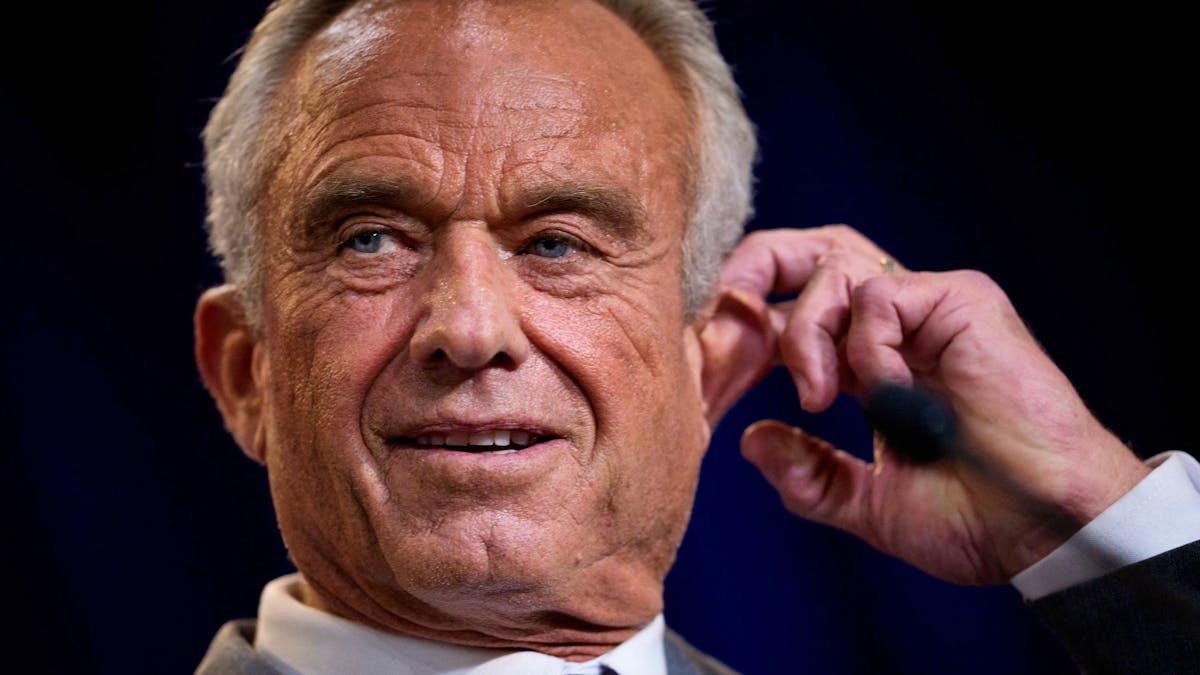The United States will not be able to reveal the causes of autism next September, a senior health official said on Tuesday, rectifying remarks by his minister, the Robert Kennedy Jr. vaccinosceptic. The latter had promised on April 10 that a study conducted by the health authorities would make it possible to establish “by September” the causes of what he had described as an “autism epidemic”.
But during a press conference, the boss of the NIH, the organization responsible for medical research, Jay Bhattacharya, explained that this deadline referred to the launch of a new research initiative, not to the publication of the results. The first preliminary results of this initiative could then be known “in the space of a year,” he added. “We will see.”
Robert Kennedy Jr has suggested several times in recent years that vaccines could be responsible for autism, including the compulsory Ror (measles, mumps and rubella vaccine), a theory resulting from a rigged study and many times denied by other studies.
His announcement had been welcomed by President Donald Trump. “There is something that causes” autism, he had assured, advancing itself: “It is possible that it is necessary that we stop taking something, or to eat something, or perhaps it is a vaccine.” And to point the “terrible” increase in autism cases, a disorder of neurodevelopment, recorded in the country in recent years.
During his confirmation by the Senate, Jay Bhattacharya, a health economist who had opposed confinements during the Covid-19 epidemic, said he did not believe in the existence of a link between autism and vaccines.
Better diagnosed
According to CDC figures, the country’s main health organization, the prevalence of autism cases has passed for children born in 1992 from one in 150, one in 36 for those born in 2012. An increase to be considered with caution due to the progress made in diagnostics.
If to date, there is no only identified cause, several environmental factors have been highlighted, such as a neuro-inflammation or the taking of certain drugs such as the anti-epileptic Désakine during pregnancy, as well as genetic predispositions.

